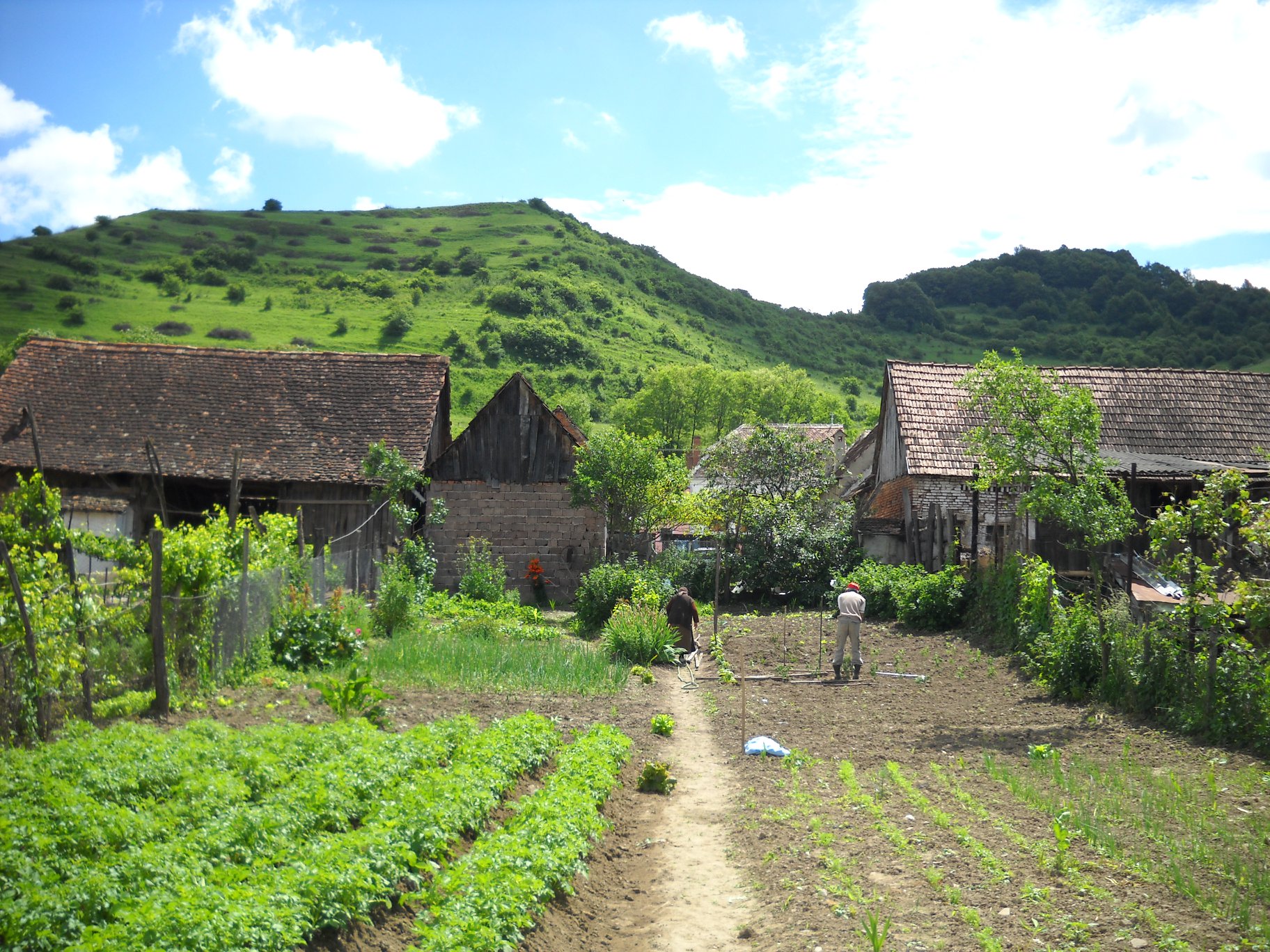
The place where civil society takes the pulse of Power
The role of civil society can be increased by means of good representation in the Economic and Social Council. The body has been, for almost a decade, a mandatory link in Romania's legislative chain.
The Economic and Social Council (ESC) is an advisory body of the Romanian Parliament and Government, which aims to "achieve the tripartite dialogue between employers' organizations, trade union organizations and representatives of nongovernmental associations and foundations of civil society".
Specifically, the ESC issues opinions for laws that are largely related to economic and social policies, as well as citizens' rights and freedoms. These opinions are binding on these areas, but they have only an advisory role. Also, the large volume of documents sent for approval makes it impossible for debates on each of them to take place, which limits to a certain extent concrete interventions.
"The fact that it is an advisory body does not give it much power," explains Dana Nicolescu, who has almost 30 years of experience in the good industry in Romania. "On the other hand, I think it's very important that NGOs are represented there, because they can at least take the legislative pulse. The fact that they have access to what's going on and they see what the trends are, they're one step ahead of the average citizen or those in NGOs is a very important thing. I think they can sum up legislative tendencies and interests. From this point of view, I find it very important to have someone in the 'lair'", explains Nicolescu.
We tried to explain the current role and potential of ESC for civil society with the help of interviews with two current members, Adriana Radu, founder of the Sex versus Barza Association, and Corina Murafa, next Now Planet & Climate co-leader, Ashoka. We also detailed in an infographic how ESC works and what its results were in 2020, the last year for which there is centralized data.
Corina Murafa, next Now Planet & Climate co-leader, Ashoka: "We are trying to increase the public profile and be taken as a serious institution"

The current representatives of civil society within the ESC are trying to give another weight to the body, through consistent interventions on important topics, such as housing or the exploitation situation in Rosia Montana, says Corina Murafa, next Now Planet & Climate co-leader, Ashoka and member of the plenum of the Economic and Social Council in November 2020. Murafa believes that if these contributions are consistent enough, in the future the Legislature and the Executive could come to the ESC, because the law allows them to ask for opinions and perspectives from the body.
Adriana Radu, founder of the Association Sex vs. Barza: "For NGOs working for women's rights and reproductive and sexual rights, the existence of a representative in ESC is an advocacy success"

The Sex vs. Barza Association, founded by Adriana Radu, deals with education, counseling and advocacy on reproductive and sexual rights and health. Adriana started with Sex vs Barza in 2012, when she founded a Youtube channel with the same name, the first online sex education video platform in Romania. Now, Sex vs. Stork has over 500,000 followers and 70 million views on Youtube and TikTok.
Radu is also a member of the ESC plenum, being appointed at the beginning of 2021 as a representative of the civil society. Her appointment was difficult and aroused controversy at the time, but she was supported by colleagues of civil society both in and outside the ESC.
Infographics:



OTHER ARTICLES
FOLLOW US
#cronicidefilantropie










No comment yet, add your voice below!